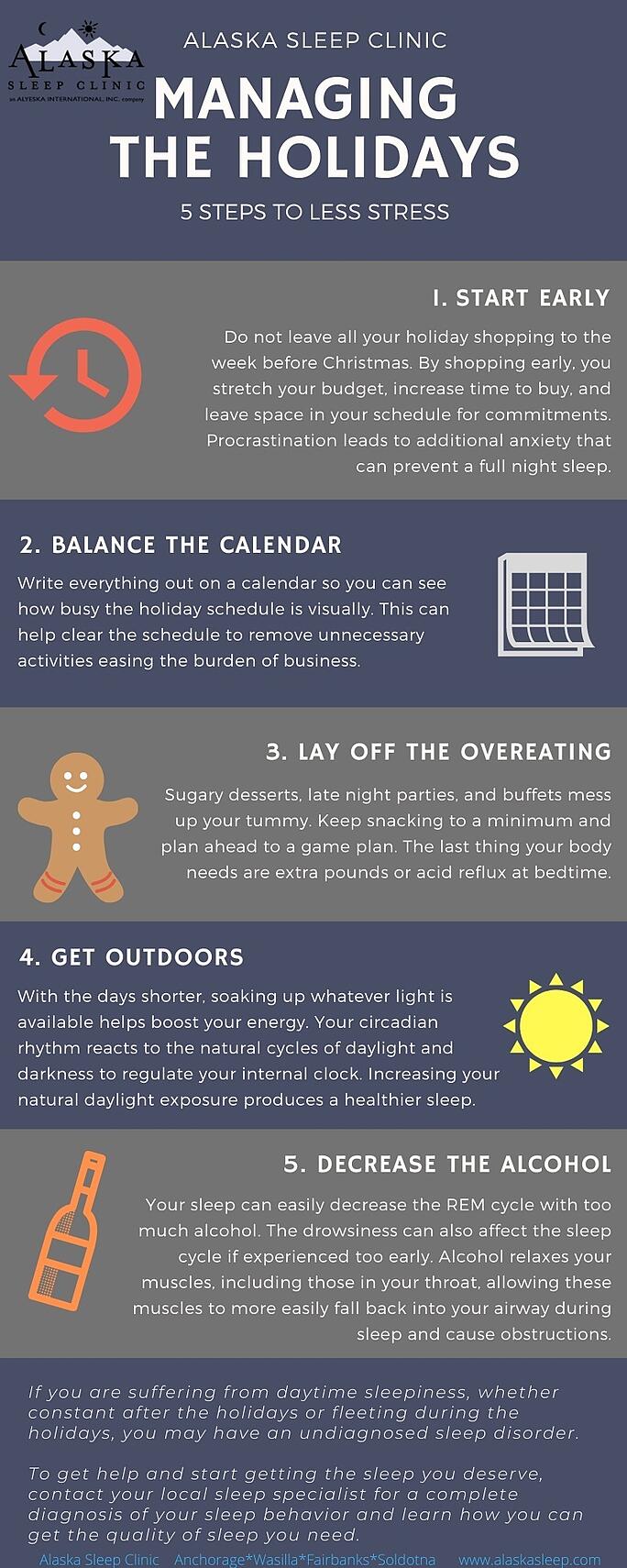Preventing a Sleep Divorce
The clock shows 4 a.m. You are ride awake trying to count sheep and count down the hours until the alarm goes off. Nothing is on your mind, but your bedroom feng shui is completely off the rails. But the problem is not the temperature of the room or a thunderstorm keeping you awake: the problem is the person sleeping soundly next to you.
Nocturnal disturbances may be one way to state the issue. Your sleep becomes inhibited because something is intruding on your body. It may be your emotional or spiritual health that is hurting, but what if the invasion was out of your control?
A lot of reasons can cause the need for a bedroom divorce including snoring, sleep talking, sleep walking, bad hygiene, or tossing and turning. With each disturbance, marital strain can occur causing arguments or sexual frustrations.
By divorcing society’s norm of a couple sharing a bedroom and bed, a restful night sleep is in both partner’s future sustaining a healthy relationship. It doesn’t mean divorcing the idea of love, intimacy, or sexual relations, it is simply removing the issue that may cause moodiness or anger due to a lack of sleep.
The Better Sleep Council supports the idea of the bedroom divorce statistically showing 1 in 4 couples sleep better at night in separate bedrooms. In a market research poll for Slumber Cloud, 46 percent of the 2,000 Americans polled wish they could sleep in another room from their partner.
For some couples, this is a mutual decision where sleep does not affect the core of their relationships; for others, it is never discussed out of fear of hurting their partner’s feelings.

For some reading this blog, sleeping alone in separate quarters is not what you want. Instead, think about all the ways you can make the bedroom you share with your loved one a place of restful sleep.
What to track for your doctor will be helpful when you find yourself out of options and in need of some expert help.
Start a sleep journal so you can bring this to your appointment.
- Wake up and bedtime
- The last time and meal you last ate
- The season and room temperature
- How tired you were at work
- The last drink you took (water, caffeine)
- Any medications you took
- Time of day and amount of exercise during the day
If you live in Alaska and want to see if a sleep study is right for you, contact The Alaska Sleep Clinic by clicking the link below for a free 10-minute phone call with a sleep educator who can help determine if a sleep study is necessary or if a consultation with our sleep specialist needs to be scheduled.




